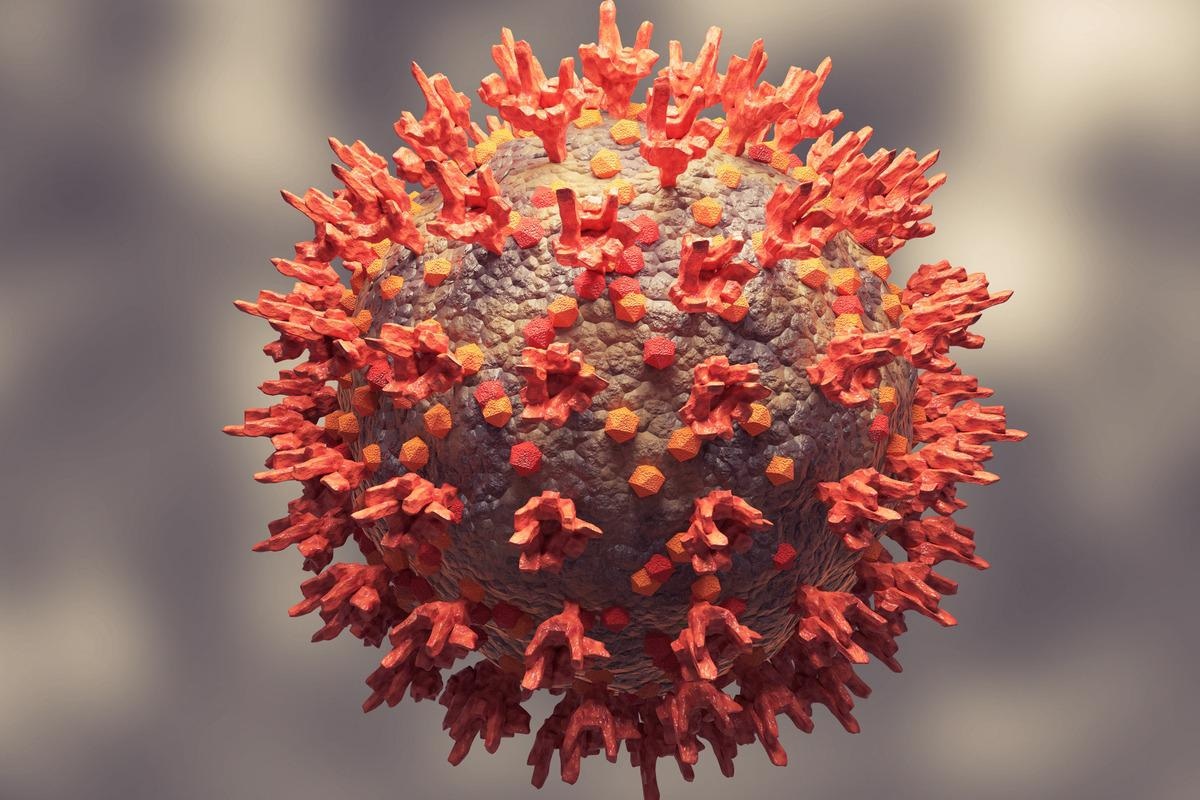The World Health Organisation (WHO) has warned against classifying the latest Covid-19 variant – Omicron – as mild, further warning it could overwhelm unprepared health systems.
Omicron spreads faster than the previous variants such as Delta and has so far been reported in nearly 80 countries according to WHO.
Briefing the media on Covid-19 this week, WHO director-general Dr Tedros Adhanom Ghebreyesus said Omicron should not be underestimated.
“We’re concerned that people are dismissing Omicron as mild,” said Ghebreyesus.
“Seventy-seven (77) countries have now reported cases of Omicron, and the reality is that Omicron is probably in most countries, even if it hasn’t been detected yet. Omicron is spreading at a rate we have not seen with any previous variant.”
He further said: “Surely, we have learned by now that we underestimate this virus at our peril. Even if Omicron does cause less severe disease, the sheer number of cases could once again overwhelm unprepared health systems. I need to be very clear: vaccines alone will not get any country out of this crisis. Countries can – and must – prevent the spread of Omicron with measures that work today. It’s not vaccines instead of masks. It’s not vaccines instead of distancing. It’s not vaccines instead of ventilation or hand hygiene. Do it all. Do it consistently. Do it well.”
The emergence of Omicron, the WHO chief said, has prompted some countries to roll out booster programmes for their entire adult populations, although there is no evidence for the effectiveness of boosters against the latest variant.
“WHO is concerned that such programmes will repeat the vaccine hoarding we saw this year, and exacerbate inequity,” said Ghebreyesus.
“It’s clear that as we move forward, boosters could play an important role, especially for those at highest risk of severe disease death. Let me be very clear: WHO is not against boosters. We’re against inequity. Our main concern is to save lives, everywhere. It’s a question of prioritization. Who gets what vaccines, in what order? The order matters”.
He said giving boosters to groups at low risk of severe disease or death endangers the lives of those at high risk who are still waiting for their primary doses because of supply constraints.
“On the other hand, giving additional doses to people at high risk can save more lives than giving primary doses to those at low risk,” he explained.
“Together, we will save the most lives by making sure health workers, older people and other at-risk groups receive their primary doses of vaccines. In most countries, those being hospitalized and dying are those who have not been vaccinated. So the priority must be to vaccinate the unvaccinated, even in countries with most access to vaccines. It’s really quite simple: the priority in every country, and globally, must be to protect the least protected, not the most protected. There remains a vast gap in rates of vaccination between countries.”
Ghebreyesus said 41 countries have still not been able to vaccinate 10% of their populations, and 98 countries have not reached 40%.
“We also see significant inequities between population groups in the same country,” he decried.
“If we end inequity, we end the pandemic. If we allow inequity to continue, we allow the pandemic to continue.”

